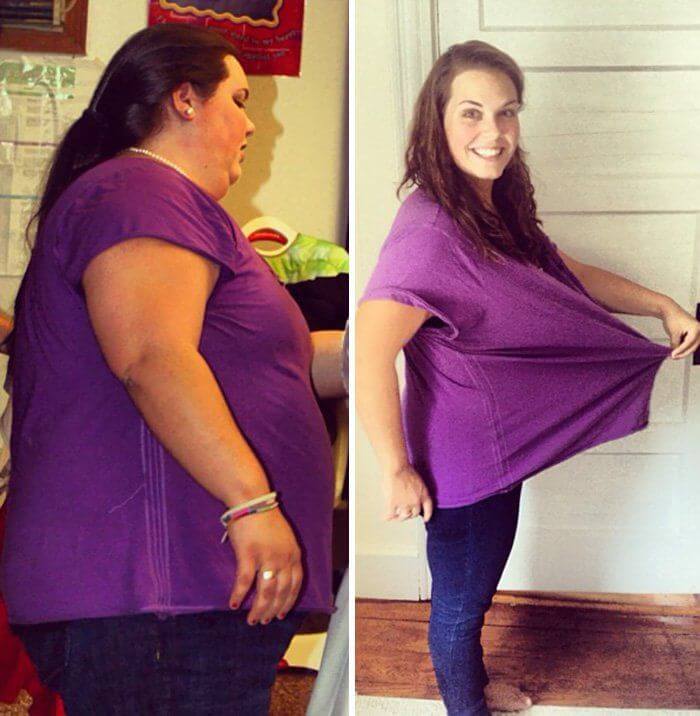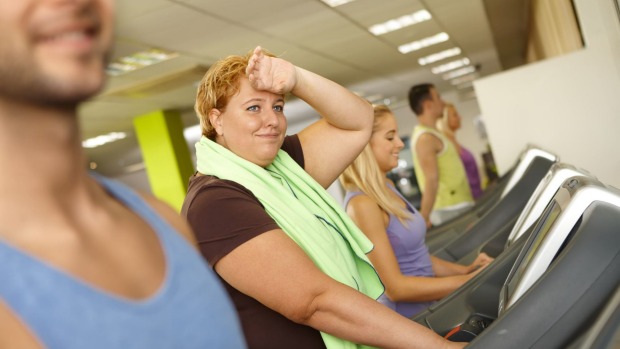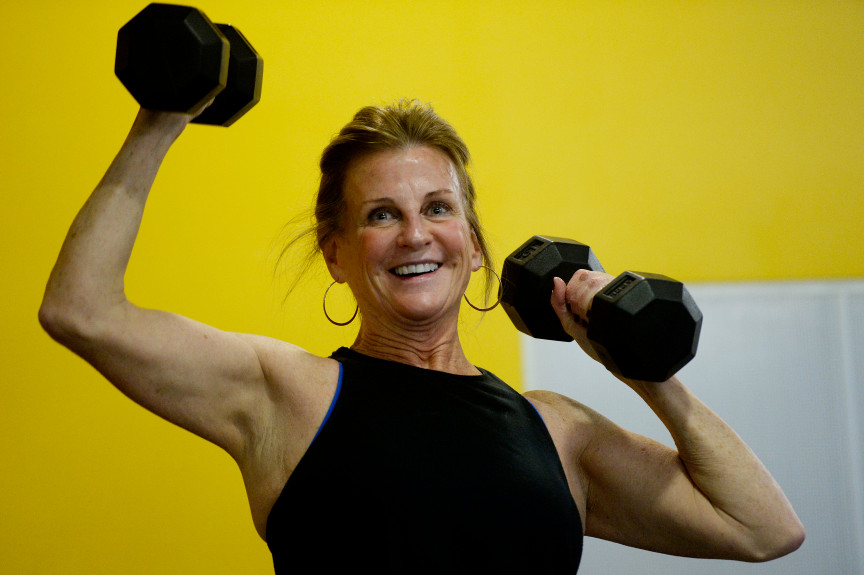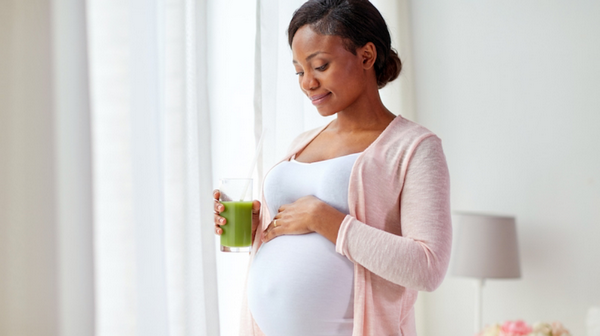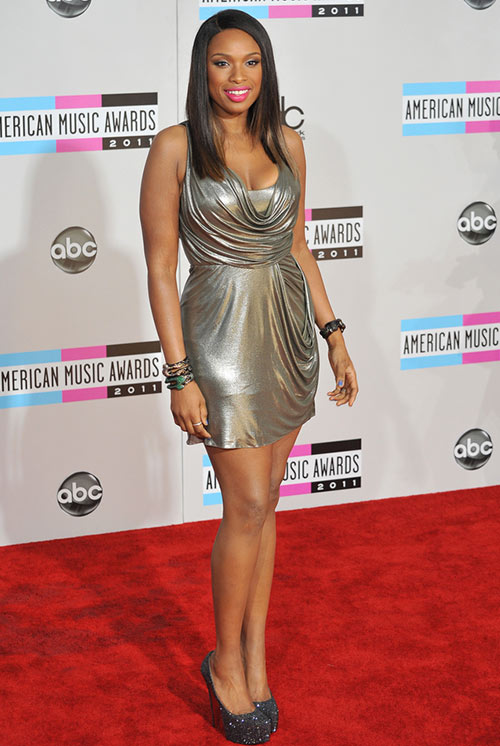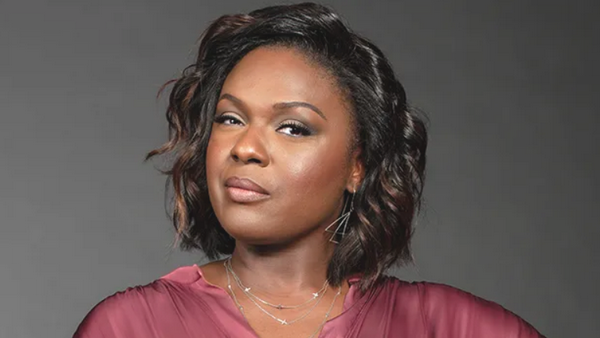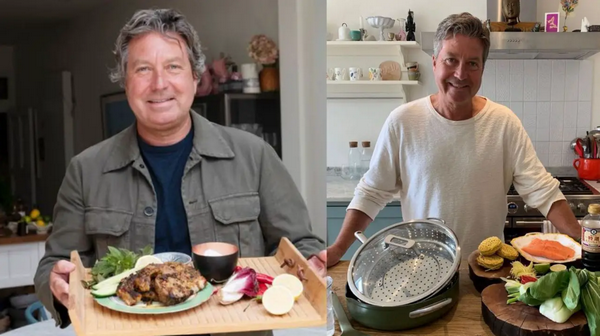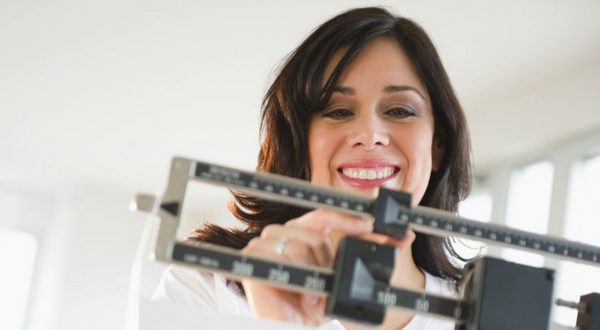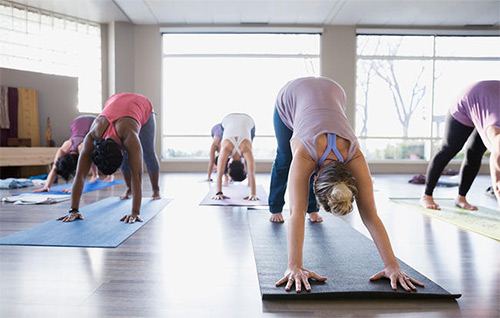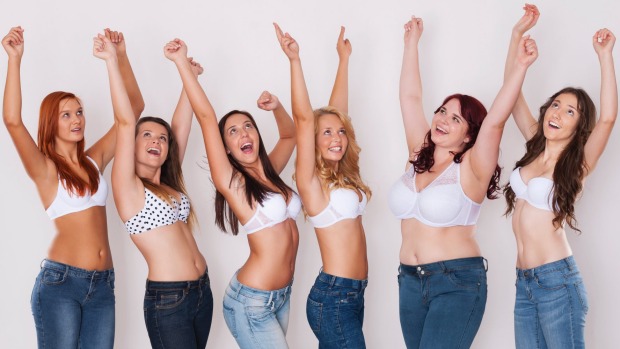
I don't agree with the weight loss industry, but I don't judge women who diet
"Realise that sometimes when you talk about your weight loss goals, fat people hear that you want your body to look less like theirs."
OPINION: January is a big month for lots of things. It's the season when mangoes are delicious and your Facebook feed is chock-a-block with engagement announcements. It's also the time of year when the health and fitness industry capitalise on new year's resolutions.
It's pretty common for people to resolve that this is going to be the year to get fit and lose weight. For those that keep up to date with health trends it could also be the year to go 'paleo' or quit sugar or try grounding.
Multiple diet industry businesses know this and they carefully plan their January strategies; launching meal plans, detoxes and special memberships to coincide with everyone whispering "new year, new me" to themselves in the mirror. Those resolutions become big business – 2013 IBISworld industry research shows that the weight loss services industry pulls in over 600 million dollars every year in Australia alone.
As someone who tries hard to practise self-love and body positivity I usually ignore this stuff in January. I try to remember that the diet industry makes mega bucks out of convincing me to hate myself and that I can be fabulous in 2017, just like I was in 2016.
I set specific goals for what I want to achieve in the new year that have nothing to do with weight loss, like finally holding a crow pose in yoga. Before long it'll be February and most people's resolutions will be a distant memory, just like the annual leave they took over the holidays.
With self-acceptance movements on the rise, I've seen more pushback than ever this year on weight loss resolutions. On one hand, I'm delighted. I want everyone who is on a diet/ detox/ meal plan to know that they don't need to lose weight to be happy. Your body is valid and beautiful just the way the way it is. You don't need to become smaller or firmer to wear a bikini or go on a date or travel overseas. I'm hopeful that the diet industry propaganda might not be working as well as it used to and that maybe self-hatred is falling out of fashion.
On the other hand, I'm feeling cautious. Body positivity has the potential to create an "us and them" dynamic. Is militant self-love advocacy establishing a dichotomy in which those who love themselves are enlightened and everybody else is foolish? Pressure to be thin, toned and perky permeates almost every corner of our society. It isn't foolish to feel this pressure. It's understandable.
In a world where fat people face considerable discrimination based on their size, I can understand wanting to be smaller. Maybe you want to be smaller because you want things to be easier.
I'm worried that self-love advocates are creating yet another impossible standard for people to live up to. You have to grow up in a world with unattainable standards of beauty and then you have to ignore them, and love yourself at all costs. We're expecting individuals to cop the responsibility for a societal problem. Beauty standards are a societal problem that thousands of businesses are interested in maintaining because it feeds their bottom line.
I want to fight to create a society where all bodies deserve respect. Part of this is being critical of diet culture. It's important to analyse why so many people, often women, want to diet. It's vital to think critically about whether it's healthy to restrict yourself or punish yourself.
I'd also love for everyone to realise that talking about their diet can upset other people. To realise that talking about numbers on a scale can be very triggering for those who have worked hard to overcome years of disordered eating. To realise that sometimes when you talk about your weight loss goals, fat people hear that you want your body to look less like theirs.
I get why body-positivity activists might want to wear a 'Diet Industry Dropout' t-shirt or carry a notebook that reads "I don't care about your diet".
Diet talk can be harmful, but maybe the individuals who want to change their bodies aren't the enemy. They could be counting calories out of self-hatred and what they need is community, not isolation.
Or maybe, they want to make a change to the way they look or feel and it isn't anyone's business apart from them and their doctor. Body positivity and fat activism hinge on bodily autonomy, and everyone having the power to make decisions about their own body. It might be time for our communities to revisit that mantra.
I don't want to create a society in which those who do feel the pressure to be thin are alienated. Where those who are already unhappy with their bodies are shamed further. I don't want to anyone to be judged the way that I've been judged.
I'm worried that self-love advocates are creating yet another impossible standard for people to live up to.
As a fat person, I fight for a world that respects my body and the choices I make. Everyone deserves that, no matter what their new year's resolution.
